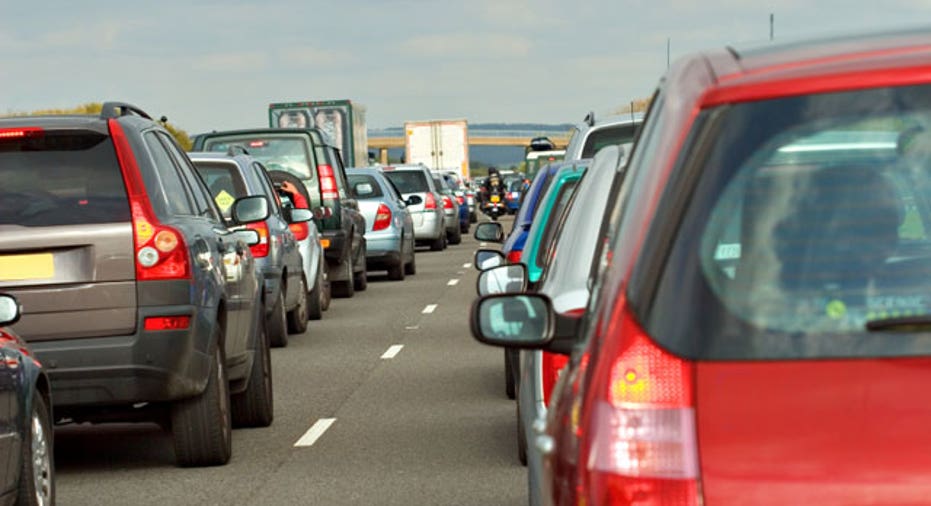Is it Cheaper to Have All Cars on One Policy?

Question: Is it cheaper to have all cars in the household on one policy? Is it cheaper to have the husband listed as the first insured on any household auto insurance policy?
Answer: Yes, normally it is cheaper to have all cars in a household listed on one policy, and it doesn't matter if the husband or wife is listed as the first named insured on the policy.
If all members of the household drive each car, even on the rare occasions, it's usually easiest and cheapest to place all the vehicles on one policy because with separate policies all licensed household members would still need to be listed and rated.
When you have more than one vehicle on a policy, you get a multi-car discount, which can be up to 25% off most of your car insurance coverages. And being married should lower your rates compare to when you were single.
If you have a bad driver in your household and that individual drives only one car, excluding him from the household policy could make your premiums cheaper. Obviously, any policy with just the bad driver on it is going to be expensive, to say the least.
But not all states and insurance companies allow a named driver exclusion. For those that do, excluding a driver means that the named driver would have no insurance coverages (liability or physical damage coverages) extended to that person if he drove your vehicle.
It doesn't matter to the insurance company whose name is listed first on your car insurance policy, it can be either spouse. Your auto insurance provider will base your car insurance rates on both of you and other licensed household members.
When assigning cars to drivers, it can make a difference on rates on which spouse is placed with which car. If one spouse is newly licensed or has a bad driving record, then that individual will be rated as a higher risk (and cost more to insure) than a spouse with a lengthy driving history and a clean motor vehicle record.
So, if you assign the higher-risk driver to the most expensive car, then rates will be higher than if he or she were assigned to cheapest car on the policy. Not all insurers let you assign people to cars though; some car insurance companies automatically assign the highest-risk driver to the highest-risk car.
Comparing rates when shopping for car insurance will help you determine if all cars on one policy or excluding a driver are right for you. You can easily get quotes online and compare what rates will be with all cars on one policy versus the “problem driver” being on their own policy. (See "Save $1,102 just by shopping around")
The original article can be found at CarInsurance.com:Is it cheaper to have all cars on one policy?



















